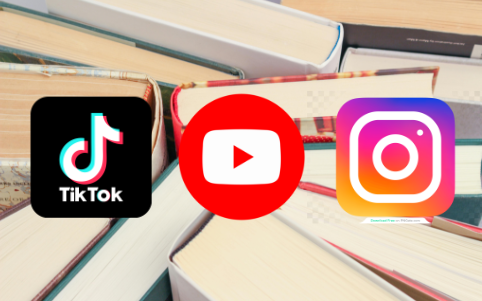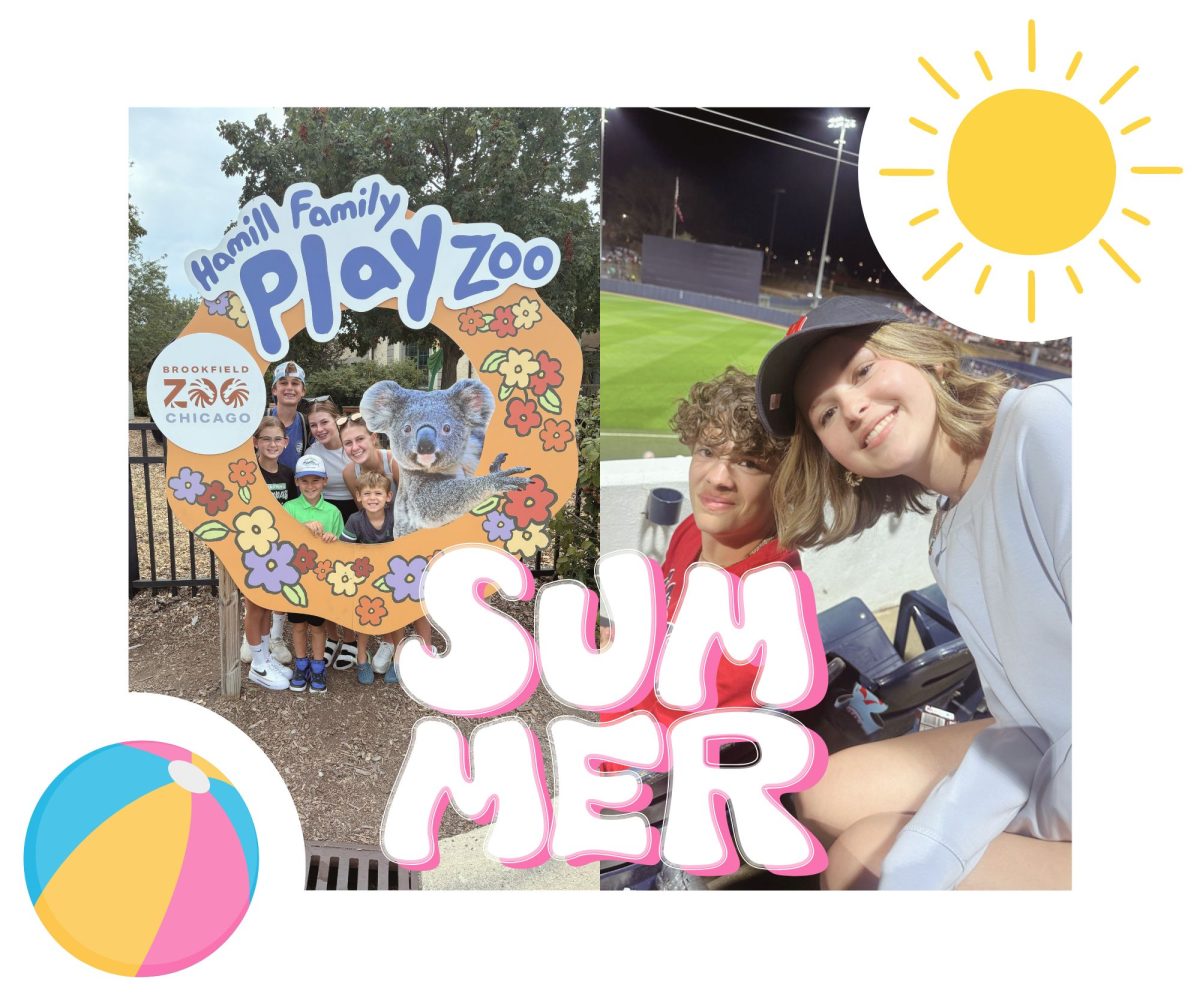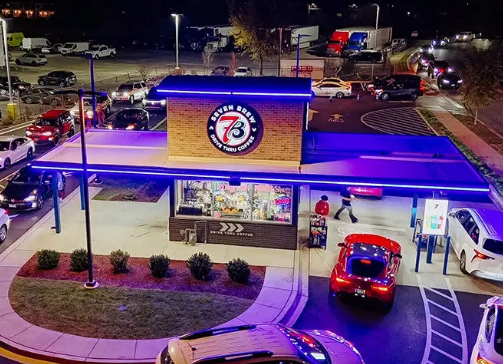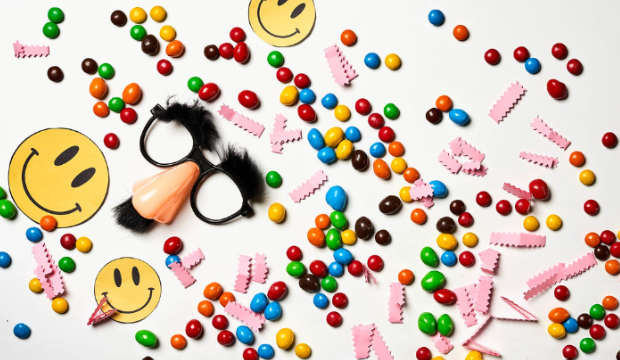In recent years, the effects of social media on adolescents has been a controversial and widely discussed topic. With teenagers spending nearly five hours on social media per day on average, many are concerned about how other aspects of their lives are being affected by this digital world, including their participation in hobbies such as sports, the arts, and recreational reading.
According to the American Psychological Association, less than 20% of adolescents report regularly reading for recreation. However, though it is certainly true that social media is one of the culprits of these low numbers, it could also be argued that social media exposes more people to books that wouldn’t have been popularized otherwise. Online communities on TikTok, YouTube, and Instagram have communities that focus on reading new books, which can give people a space to discuss their favorite reads, and thus perpetuate their desire to read more. Social media platforms and the communities within them can have both positive and negative effects on book-loving teenagers.
BookTok particularly has become a recognizable name, even outside of the online reading community. With over 30 million posts, BookTok covers a wide range of books, from self-published romance novels to mainstream fantasy series such as Leigh Bardugo’s Six of Crows and Sarah J. Maas’s A Court of Thorns and Roses. There are over 1 billion users on TikTok, so nearly every book fan is guaranteed to find their people. The short video format of the app makes viewing content easy and enjoyable, and allows readers to post anything from character edits to short analyses.
Another prolific reading community can be found on YouTube. The most common form of YouTube book videos are long explanations of lengthy and complex book series. “An embarrassingly unhinged deep dive into The Cruel Prince” reads the title of one two hour video. “Reading Sarah J. Maas for the first time and losing my mind” reads another forty-three minute video. YouTube book reviews are typically more ironic than earnest, and creators tend to preface the reviews by promising that the book is “bad,” or at the very least has a copious amount of plot holes, but the creators genuinely seem to enjoy what they do, and many complex and thought-provoking analyses and critiques can be found within YouTube’s longer video format.
There are book communities on most other social media platforms as well, though the video-based formats are the most well-known and easy to research. Instagram’s book community thrives off of visuals, including aesthetic images of custom bound books or series of images related to a particular character or series. Text-based social media platforms such as X, Reddit, Bluesky, and Tumblr have reading communities based around discussions, reviews, and humorous posts. These communities thrive on analysis, both shallow and deep, and foster discussions as well as recommend books through humor.
That being said, online book communities have detrimental effects on readers as well, both individually and as a whole. BookTok, for example, has a negative connotation from many outside perspectives. “Is TikTok ruining reading?” one YouTube video essay asks. The video in question features descriptions of mature and morally questionable romance novels, claiming that a majority of what is promoted on BookTok falls into this category.
Another common search is ‘booktok cringe,’ the TikTok tag of which has 198.5 million posts.
Though much of this mockery is based on a misrepresentation of the community as a whole, there is some truth to the belief that the most popular BookTok creators post exclusively about certain books and authors, which could have the unintended effect of ignoring new releases and recommending only a narrow selection of books, which makes for less variety among readers.
Additionally, like every online community, BookTok is constantly subjected to discourse and quickly escalating arguments about books, authors, and characters. TikTok as an app has been found to be addicting and sometimes toxic, and has contributed to many instances of cyberbullying.
YouTube, on the other hand, has the problem of being overly cynical. There are countless videos on the platform that claim a book is “the worst ever written,” and some creators base their platforms on making fun of other people’s work. There are certainly some books that deserve the critique, especially in the discussion of books that romanticize domestic abuse, but the number of books given the title of ‘worst’ goes far beyond that. This negativity could harm the reading community instead of helping it, causing people to feel bad about liking the books they enjoy and perhaps putting them off reading altogether.
There is also an argument that these social media sites are taking time away from reading itself. Many users might spend more time discussing a book and getting lost in a corresponding internet rabbit hole than reading a new one, perpetuating the time on social media and counteracting its positive effects. Additionally, there is a lot of discourse around what books are “good” and people are often put down for their opinions. Like any fan base, people who enjoy certain book series often become hostile over their opinions, which can result in cyberbullying.
Whether online reading communities are inspiring or harmful depends on the person using them. When utilized responsibly and critically, social media can be a helpful tool to find new books and connect with other readers.








